The Canada Emergency Response Benefit (CERB) will continue to operate for four more weeks, as announced on the 20th August 2020. CERB offers financial support during the COVID-19 crisis, providing benefits to employed and self-employed Canadians. The new extension brings the maximum payment period up to 28 weeks. After the CERB period ends on the 27th August, the employment insurance program will take its place for eligible recipients who are still unable to work due to COVID-19. There have been some changes to the insurable hours’ system under the EI program, which are covered in further detail within this article.
There will also be recovery benefits available to people who are ineligible for EI, which will apply to ineligible self-employed workers, people who are unwell or self-isolating, and people who are unable to work because they are caring for children or co-dependents. These benefits come under the Canada Recovery Benefit. The legislation for these three benefit types is still underway, with an online advice page expected in mid-September and an application system expected by October. Anyone who applied for CERB through Service Canada will be transferred to EI benefits on 27th August. However, applicants who applied through the Canada Revenue Agency will need to reapply for EI benefits from Service Canada and will be required to fulfil bi-weekly eligibility audits.
Canada Recovery Benefits for Self-Employed People Ineligible for EI
The system will offer a weekly benefit of $400 for a maximum of 26 weeks. Applicants will need to detail their loss of income related to COVID-19, be available for work, and demonstrate that they are actively seeking work. If applicants are still receiving any form of self-employment income then they will be required to repay 50% of each dollar earned over a threshold of $38, 000 gross annual income. Applicants must also meet all other criteria for the benefits scheme.
Canada Recovery Benefits for Self-Employed People Ineligible for EI
The system will offer a weekly benefit of $500 to anyone unwell or self-isolating due to COVID-19, for a maximum period of two weeks. Applicants must also meet all other criteria for the benefits scheme.
Canada Recovery Benefits for Caregivers Ineligible for EI
For anyone unable to work due to caring responsibilities related to the COVID-19 crisis (e.g. closure of schools or caring facilities), the system will provide a weekly benefit of $500 per household for a maximum of 26 weeks. The benefit is also applicable if a child has been recommended to stay at home by a medical professional, even if their school is still open. Applicants must also meet all other criteria for the benefits scheme.
How have insurable hours changed for the Employment Insurance Program?
Under the EI scheme, eligible recipients will receive a minimum weekly benefit of $400 (from week 26-45), or a weekly extended parental benefit of $240. Eligibility to the EI scheme is based on the amount of insurable hours that have been worked in the last year (or since the last claim). Across Canada, the number of hours is now set at 120, equating to 3.5 hours per week. This has changed from the previous system, which was based on the insurable hours worked relative to the unemployment rate in their local area. Under the new system, applicants can receive between $400-$573 per week.
To help EI applicants to meet the 120 minimum, individuals will receive a one-time credit of 300 insurable hours for regular job-loss related benefits, and 480 insurable hours for special circumstances benefits, including sickness and maternity/paternity claims. These credits will be active for one year and backdate to 15th March 2020. Applicants can continue to earn income. This income will reduce any benefits received by 50% of each dollar earned, as with the Canada Recovery Benefits scheme. There will also be a freeze on the 2020 EI premium rates, holding it at $1.58 per $100 of insurable earnings for two years.
